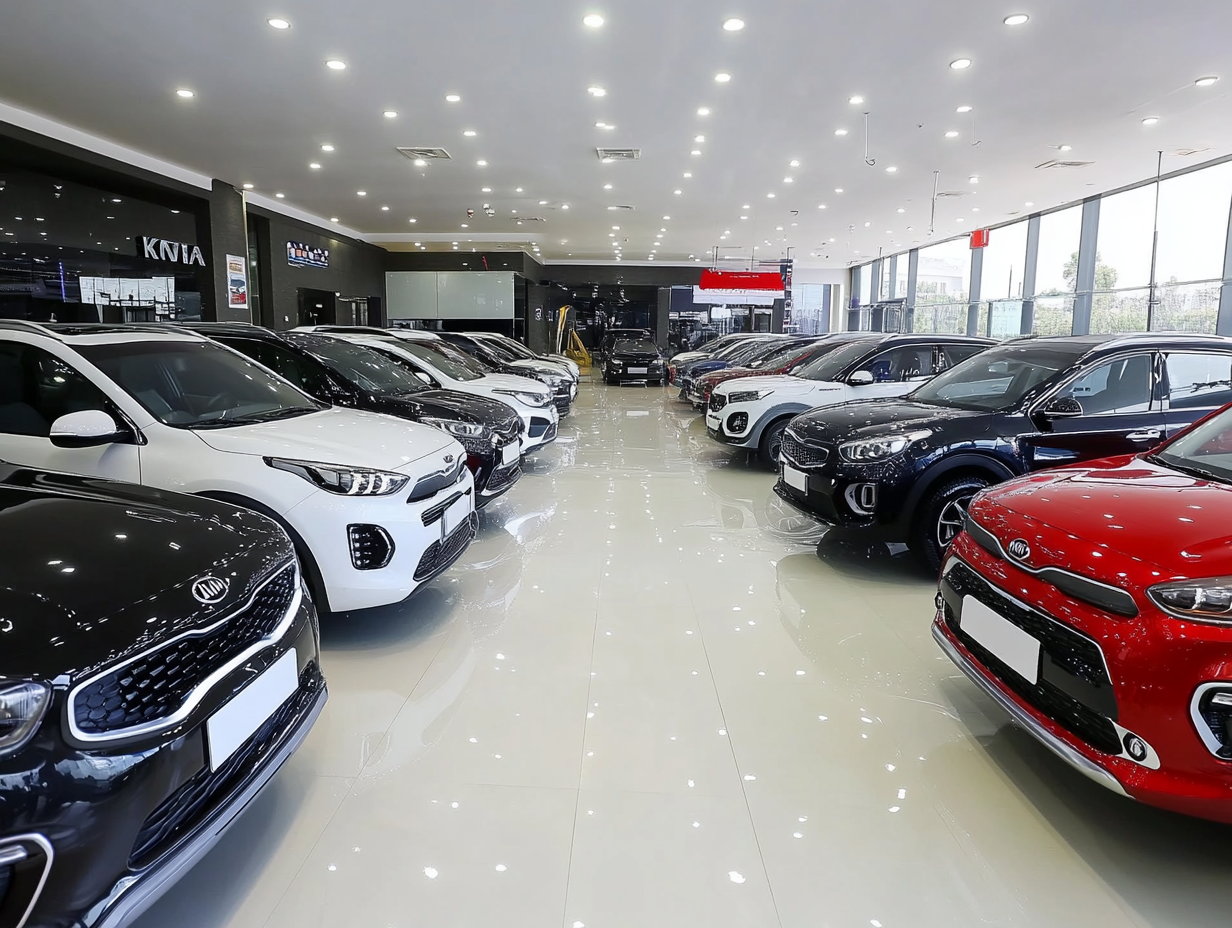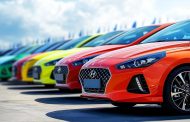A potential 25% U.S. tariff on imported automobiles could severely impact Hyundai Motor and Kia, with estimates suggesting losses to South Korea’s auto industry could exceed $7 billion, jeopardizing jobs and profitability across the sector.
Specifically, Hyundai Motor and Kia sold 1.77 million vehicles in the United States last year, based on wholesale figures. Of these, 630,000 units were produced in the U.S., and 140,000 were made in Mexico.
If U.S. President Donald Trump imposes a 25% tariff on automobiles starting April 2, as he revealed on Feb. 18, the 1 million vehicles exported from S. Korea to the U.S. annually will face a direct hit. Combined with those from Mexico, about 65% of their total U.S. exports will be sold at 25% higher prices, dealing a severe blow to their price competitiveness.
For Korea GM, which exports over 90% of its production to the U.S., the company’s survival could be at risk. Adding Hyundai Motor and Kia’s 100,000 employees to those working for other carmakers and suppliers, the total number of people in the S. Korean auto industry stands at around 340,000, who now face a panic-inducing situation.
Estimates from the financial sector suggest that the potential damage to S. Korea’s auto industry from the U.S. tariff could exceed 10 trillion won ($6.9 billion).
IBK Industrial Bank of Korea’s economic expert, Jang Han-ik, said, “If a 25% tariff is imposed, U.S. car exports, which totaled $34.7 billion last year, would drop by about $6.3 billion.” He added, “Considering the recent strong exports to the U.S. and currency fluctuations, the actual damage could exceed $6.9 billion.”
As exports of vehicles to the U.S. have surged, S. Korea became the second-largest supplier of imported cars to the U.S. last year, behind only Mexico. The 25% tariff could prove devastating, especially as Mexico and Canada, two of the top five car-exporting countries to the U.S., are already facing tariffs on all items.
In contrast, Japanese automakers such as Honda and Toyota have been operating factories in the U.S. since the 1980s, giving them a high percentage of local production. Now, Hyundai and Kia, along with German automakers like Mercedes-Benz, are feared to become targets of these tariffs.
According to global market research firm GlobalData, Hyundai and Kia’s local production rate in the U.S. is only about 35%, one of the lowest among major carmakers, after Volkswagen (20%) but on par with Mercedes-Benz (37%).
If a tariff is imposed on the 1 million vehicles Hyundai and Kia export from S. Korea, their operating profit is expected to shrink significantly. KB Securities had previously projected that, under the assumption of a 10% tariff on Korean cars and a 25% tariff on Mexican-made cars, Hyundai’s annual operating profit would drop by approximately $1.3 billion and Kia’s by about $1.6 billion.
If the tariff increases to 25% for Korean cars as well, the combined loss in operating profit for Hyundai and Kia could reach $6.9 billion. Considering Hyundai and Kia’s operating profit was $18.7 billion last year, this would represent a reduction of over 35%.
Although President Trump has suggested that if automakers expand local production, the tariff could be deferred, responses indicate that building or expanding factories is no easy task.
Hyundai and Kia have already started operating the Hyundai Motor Group Metaplant America (HMGMA) in Georgia, with an annual capacity of 300,000 vehicles, after previously operating plants in Alabama (360,000 units annually) and Georgia (340,000 units).
While some experts suggest that the plant could expand by an additional 200,000 units given the available space, others are skeptical, pointing out that the local parts ecosystem and market size make such an expansion difficult.






